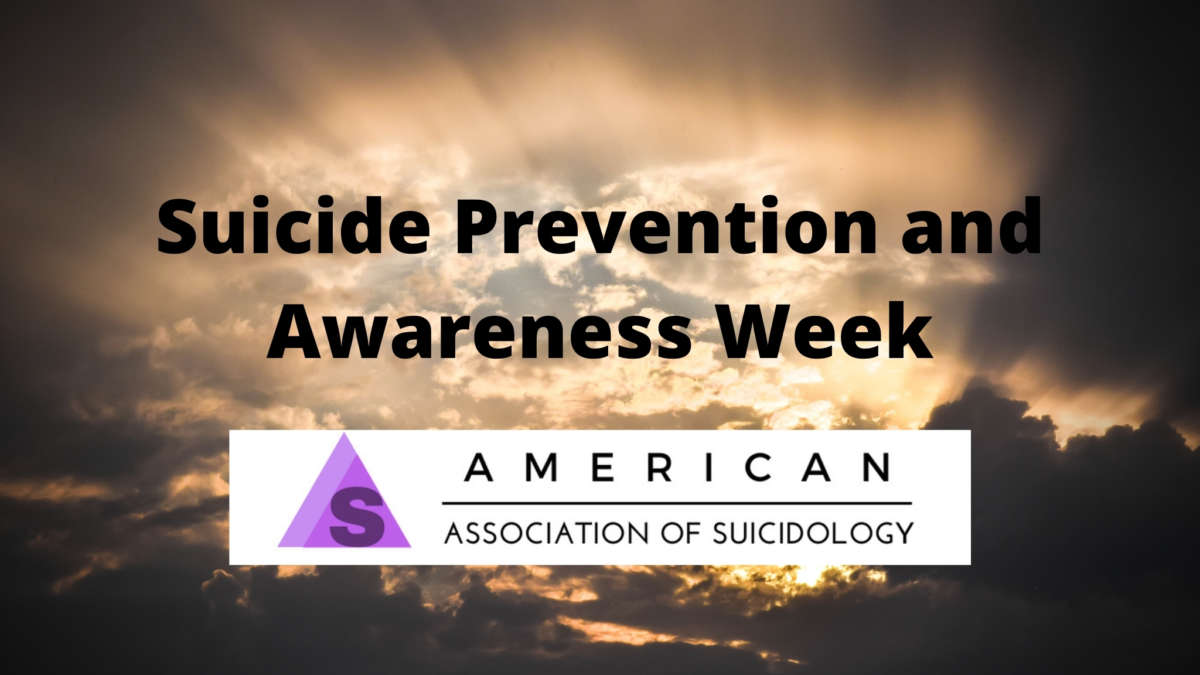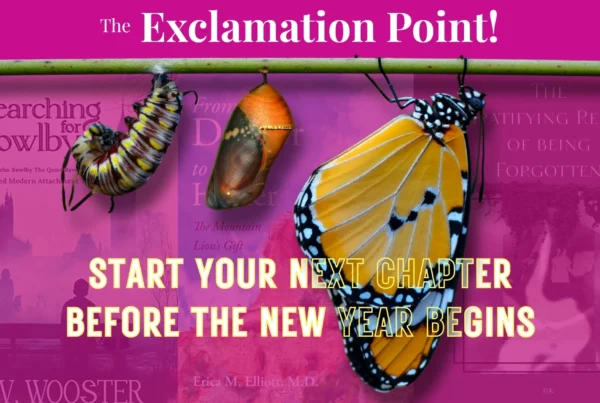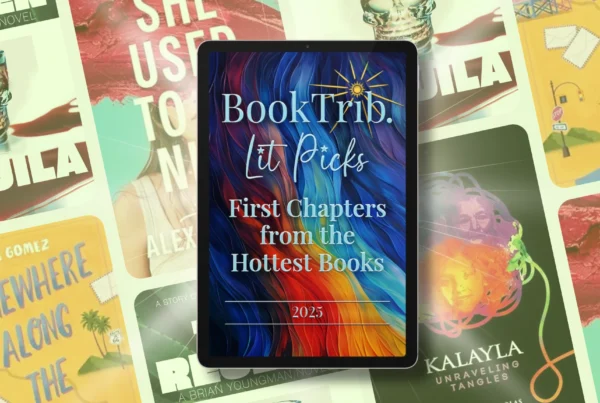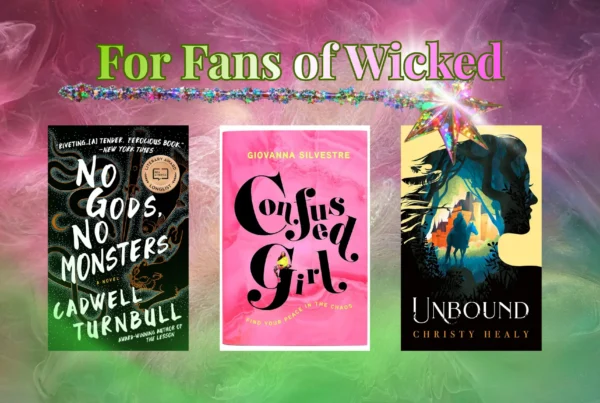According to the American Association of Suicidology (AAS), suicide is the 10th leading cause of death in the U.S. In 2019, the most recent year for which the organization cites data, 47,511 Americans died by suicide. This means, on average, 130 suicides occur each day. The tragedy doesn’t end with the loss of life, however; suicide touches every life remaining once that individual is gone. Add to this that there were an estimated 1.38 million attempts in that same year, and you get an idea of the tragic scope of this mental health issue.
Suicide Prevention and Awareness Week (and the concurrent National Suicide Prevention Month) was created by AAS with the goal of “spreading awareness, advocating for research funding, developing innovative and effective treatment tools, being kind, and helping to educate others on things like resources and warning signs.” But the organization has still loftier goals; it states it “believes we need to focus on suicide prevention every day, of every year … It’s time to get involved, but not just this week and not just this month. It’s time to make #AAS365 a priority.”
Reducing stigma is key: the need for the at-risk to be able to seek help without fear or shame, the need for survivors to feel more comfortable about sharing their experiences, and the need for friends and family members to understand how to listen and offer support. In that spirit, I present some books on the topic to provide comfort, consolation, authenticity, truth in all its difficult reality and, hopefully, some healing. Among them are stories of survivors and resources for those who are suffering. But the reads I recommend above all? Both the AAS and the American Foundation for Suicide Prevention (AFSP) have a number of resources available to learn more, get involved and get help, whether for yourself or for others who are at risk. As the AAS says, “Suicide prevention is everyone’s business.”
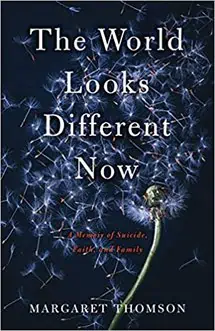
The World Looks Different Now by Margaret Thomson
The World Looks Different Now by Margaret Thomson
The author introduces readers to a challenging topic from a first-hand perspective while reassuring them through real lived experience that we all have a hidden inner well of resilience. Sarah Neustadter, Ph.D., and author of Love You Like the Sky, calls the work “a beautifully written and harrowing tale of a mother coming to terms with her son’s devastating suicide,” and if you read it you’ll likely agree.
In 2010, Thomson was shattered by the news of her 22-year-old son’s suicide; what follows is a journey of utter heartbreak and eventual support. As this mother soon realizes that the truth brings even worse pain, she explores the burning question: “Is healing, whether partial or otherwise, even possible?” Then during her second year of grieving, Thomson receives an unexpected invitation from an unlikely source: the army, on which she’s often placed the blame for her son’s death. Seizing this opportunity, Thomson finds that her perspective is changed ― quite literally ― and that, as a result, the world does indeed look different now. Read our review here.
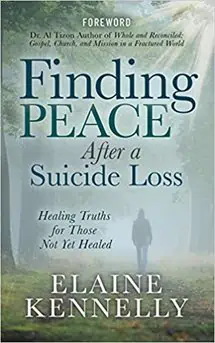
Finding Peace After a Suicide Loss by Elaine Kennelly
Discussing hard-fought interior battles with anger and finding forgiveness, this book is a Christian perspective on the sorrowful journey after a suicide death as well as a guide to emotional and spiritual healing. The author wrestles with the reality that her 18-year-old son took his life but learns to come to terms with the next steps hers could take. Compassionate and painfully real, the book relays Elaine’s hopes that the wounded be fully restored and completely healed.
Written honestly to tackle the unspoken post-suicide pain of guilt, blame, stigma and rejection, Finding Peace After a Suicide Loss is a way for those who have experienced a suicide death to understand God’s gift of grace. It is divided into three parts: The Death, The Battle and, last but not least, Hope and Healing, which helps identify “healing truths” that are immediately applicable at any stage of grief. In breaking down the “how-to” with small, daily steps leading to renewal and a new lease on one’s own life, those deep in grief learn to move forward and rise above. If you assume a Christian book might skirt the hard questions, you’ll be astounded by the practical yet empathetic lifeline of hope present in this one.
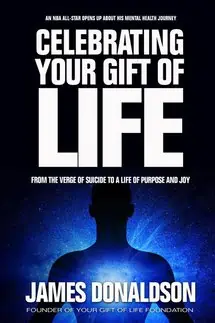
Celebrating Your Gift of Life: From the Verge of Suicide to a Life of Purpose and Joy by James Donaldson
Celebrating Your Gift of Life: From the Verge of Suicide to a Life of Purpose and Joy by James Donaldson
In this humbling and courageous account, an NBA veteran of the Seattle SuperSonics shares his personal story of depression. Donaldson, a professional athlete and even an All-Star, would seem to have the game in the bag, right? But then he lost it all: his health, life savings, marriage, business, mother and home within one gruesome year. Donaldson seriously contemplated suicide and acknowledges that “I fought long and hard to stay here on earth,” he said. “I emerged from that darkness realizing that I had a reason to still be here, which was to be a voice and advocate for suicide prevention, and mental health awareness. And to let people know how I made it through, and tips that I utilize to get through all that darkness.”
Donaldson also created the Your Gift of Life Foundation, a platform for him to provide speaking opportunities to students. And, of course, he wrote this highly honest and beneficial book: at the end of each chapter, readers will find exercises in which they’re encouraged to write their thoughts to help them through a difficult time. “There is a bright side somewhere. The key is to keep hanging in there until you find it, and you will,” he reassures readers; it’s certainly a worthwhile message.
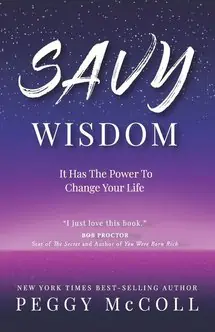
Savy Wisdom: It Has The Power to Change Your Life by Peggy McColl
This New York Times bestselling author has written her 19th book, and, while it deals with suicide, it also manages to be an entertaining page-turner that holds a bevy of wisdom with the power to greatly improve your life. More specifically, it can help you repair relationships, overcome heartbreak, take control of your mental and physical health, find your inner strength, survive challenging times and much more.
McColl has created a fictional tale around a young woman who is contemplating suicide but meets a complete stranger on a park bench who helps her immeasurably. While the book is fictional, the story behind it is not. The author discloses that “I was that young woman many years ago who went to the park to end my life.” This plan is shelved when, thank God, “I met a man by the name of Bob Proctor, and he literally saved my life.” The encounter and subsequent lessons she learns don’t only save a life in the moment but transform it in the long run. You never know; it may help you do the same.
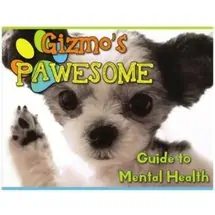
Gizmo’s Pawesome Guide to Mental Health by AFSP
Gizmo’s Pawesome Guide to Mental Health by AFSP (American Foundation for Suicide Prevention)
This cute but also significant book brings the concepts of preventative and actionable mental health care to a young audience who may not yet have the cognitive skills or vocabulary necessary to soothe a mind on the edge. “Hi, I’m Gizmo,” the guide begins, “I’m a therapy dog. I visit people in schools and other places to comfort them when they are feeling sad, mad, or worried. There are things that you can do to help yourself when you feel sad, mad, or worried. That’s what this book is all about!”
Full of heartwarming illustrations and featuring an extremely loveable dog, this pawesome pick assures kids that, yes, we care for our bodies by eating our veggies and getting enough sleep, but we can’t forget to give our minds the same consideration. Gizmo has tips, tricks, and handy dandy red-light symptoms to look out for, as well as ways to reach out to trusted adults when it gets to be a little too much to figure out on your own. Ultimately, the very good news is that there are always things we can try on for size to habituate healthy thoughts. Gizmo even gives out a Mental Health Plan with boxes to check off as you go!
Learn more here.
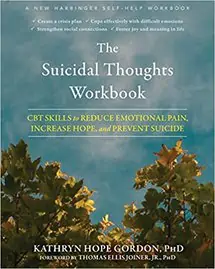
The Suicidal Thoughts Workbook: CBT Skills to Reduce Emotional Pain, Increase Hope, and Prevent Suicide by Kathryn Hope Gordon PhD
New Harbinger Publications is a trusted source for fast-acting and full-recovery source materials for facing all types of mental health issues, from low self-esteem to depression to now, as of July 2021, suicidal thoughts. Sometimes you just need to bring in the big guns to attack a problem head-on, and suicide must be the behemoth of all major problems. If so, seek help, and have absolutely no shame in purchasing this potentially life-saving workbook.
Backed by mental health professionals and bearing positive reviews from those who have tried the guide, you can take actionable steps by reading this book. April C. Foreman, Ph.D., LP and executive board member of the American Association of Suicidology, says “Suicidal thoughts and feelings can sometimes end in death. And even if people don’t act on them, suicidal thoughts are incredibly painful in the moment. The good news is that for many people, using the skills in this book can help them to cope with suicidal thoughts and intensely painful emotions. Studies show that most people who use skills like the ones in this book can significantly reduce their suffering and help them build a life worth living. It is possible to recover, and this book is a good place to start.” It will definitely facilitate the most important work you may ever do.
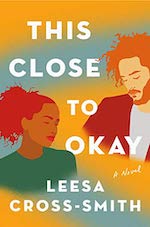
This Close To Okay by Leesa Cross-Smith
This Close To Okay by Leesa Cross-Smith
This highly popular new(ish) book has won many accolades and landed on many awards lists: a Book of the Month Early Release Pick for December 2020, a Good Housekeeping Book Club Pick for February 2021, the Marie Claire Book Club Pick for March 2021 and more. Some of that must be thanks to its sensitive treatment of such a weighty subject as suicide. A human story of serendipity, kindness and all-too-real issues, This Close to Okay begins by addressing the topic at hand and averts the tragedy one of the protagonists was about to enact.
On her way home at the end of a rainy day, Tallie sees a man preparing to jump off a bridge. She stops to talk him out of it and manages to convince him to go for a cup of coffee instead. They test the waters with small talk before revealing crucial slivers of themselves in some deeper personal conversation, and ultimately, the man accepts Tallie’s generous invitation to recuperate in her own home. Leesa Cross-Smith doesn’t shy away from difficult and emotional topics like suicide, of course, but also the factors that may lead to it, including racial discrimination and divorce. The ending is happy and prompts the reader to consider the meaning and merit of hope. Read our review here.
